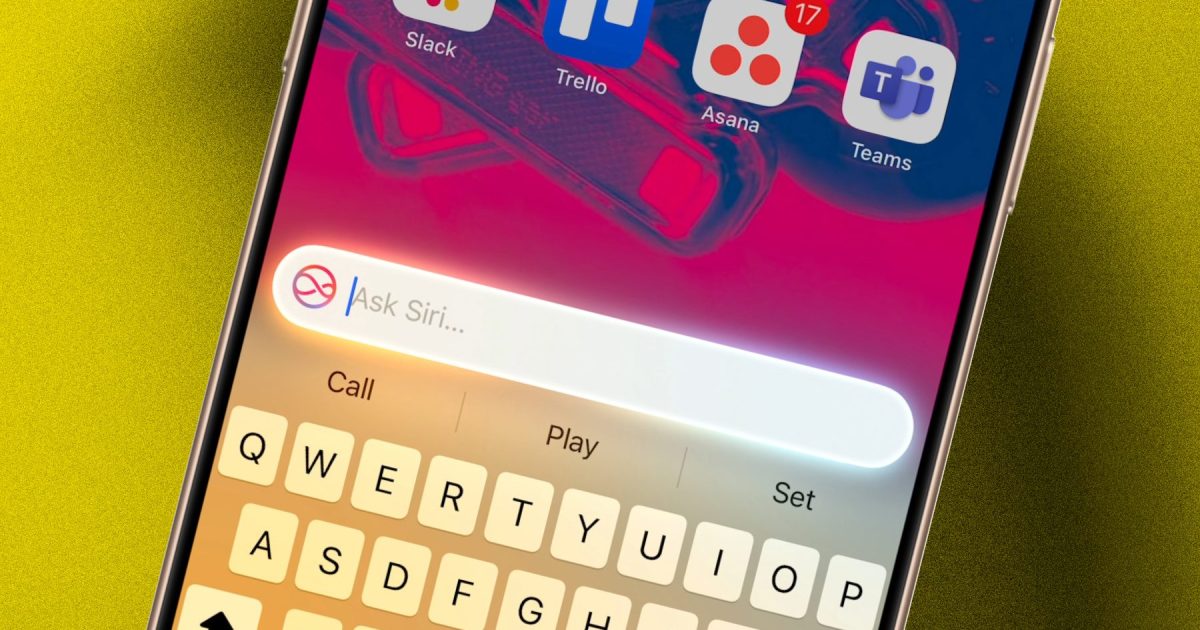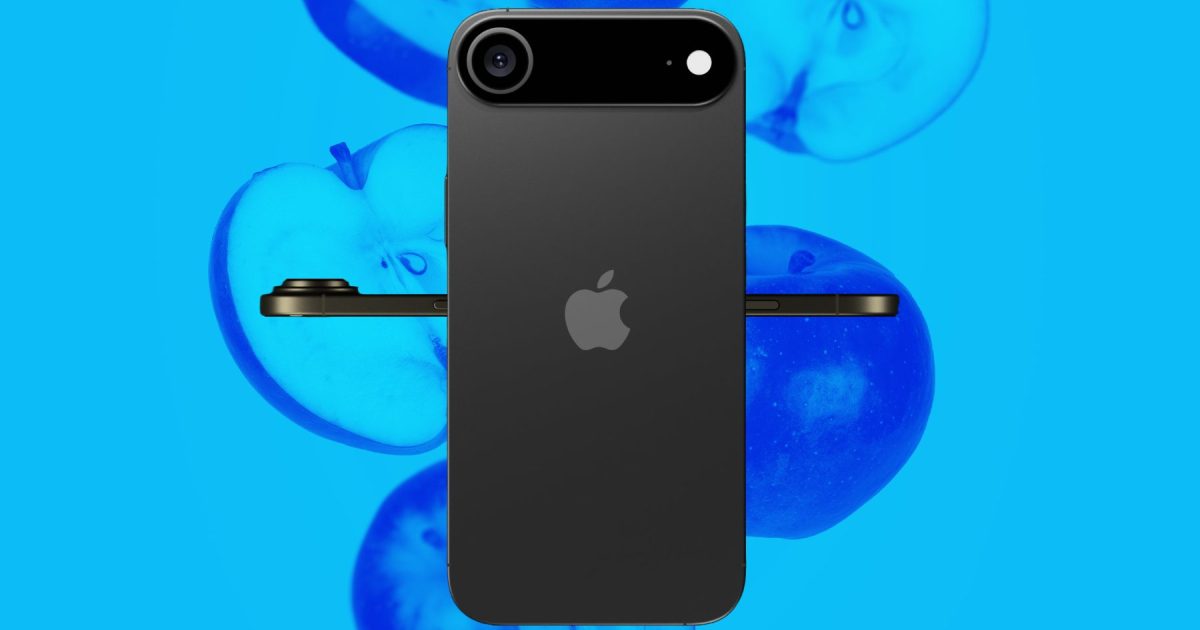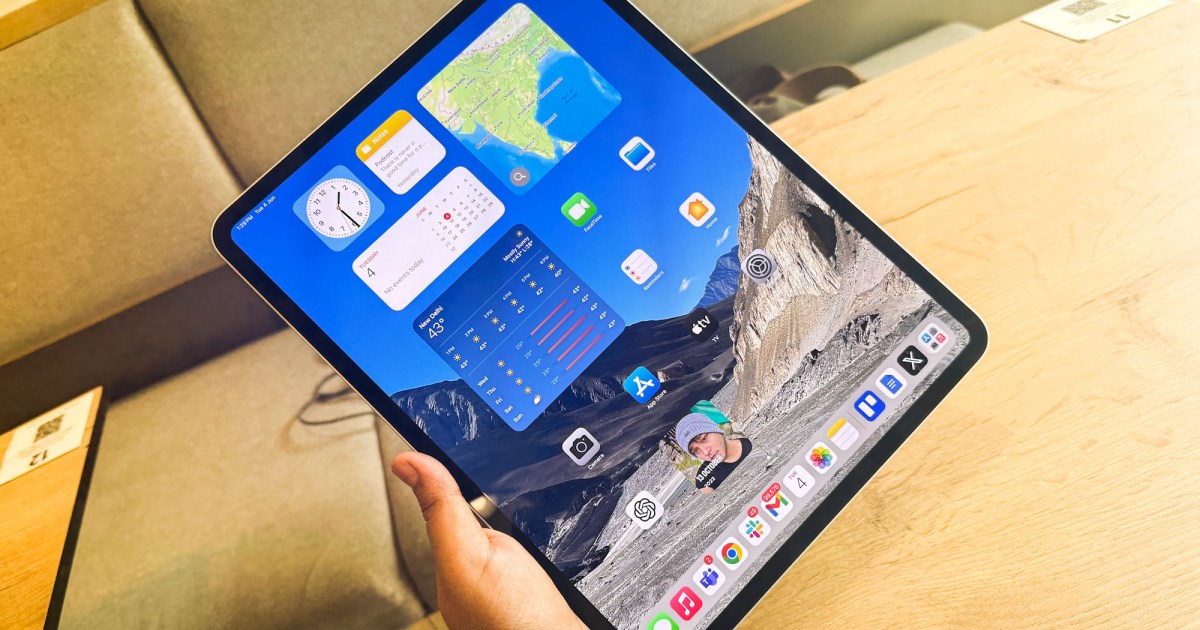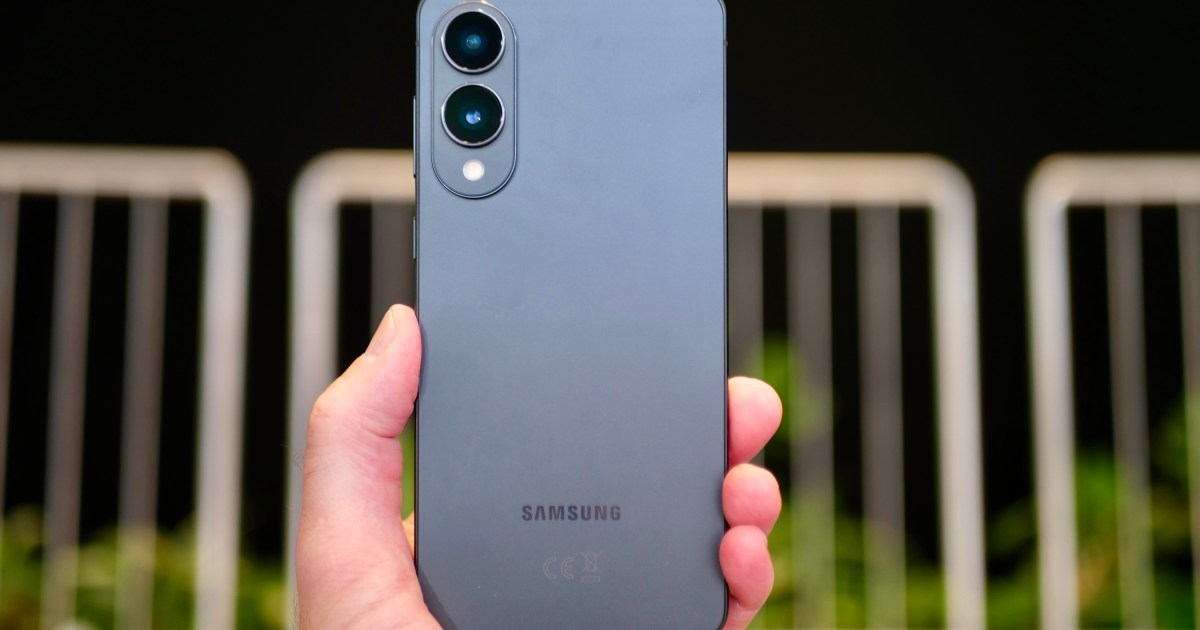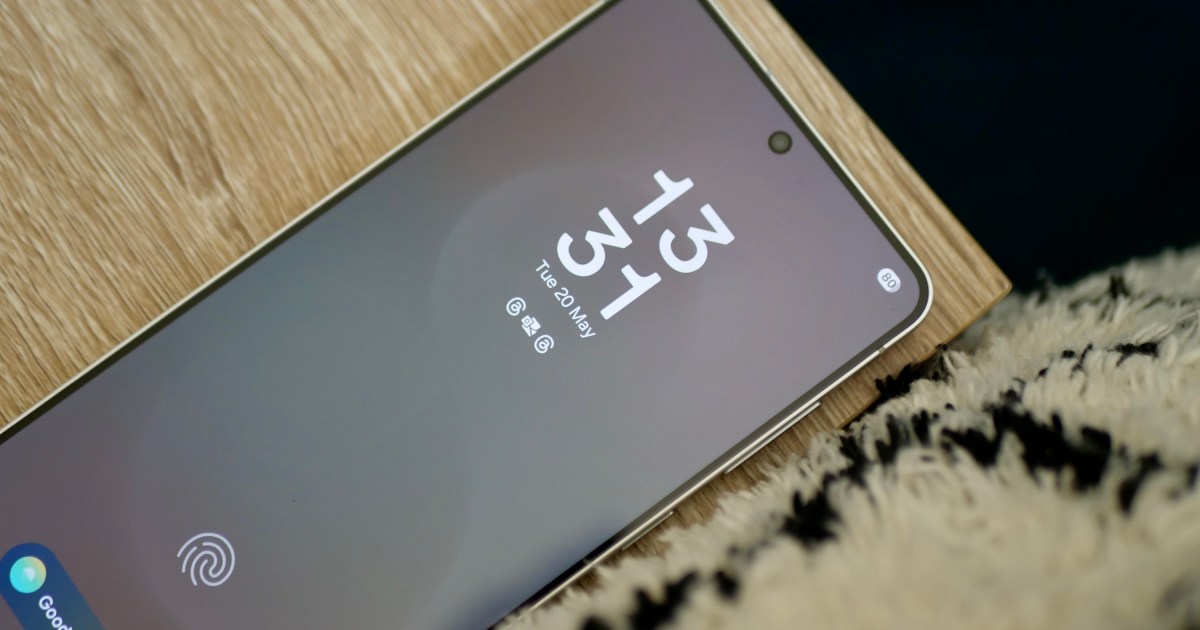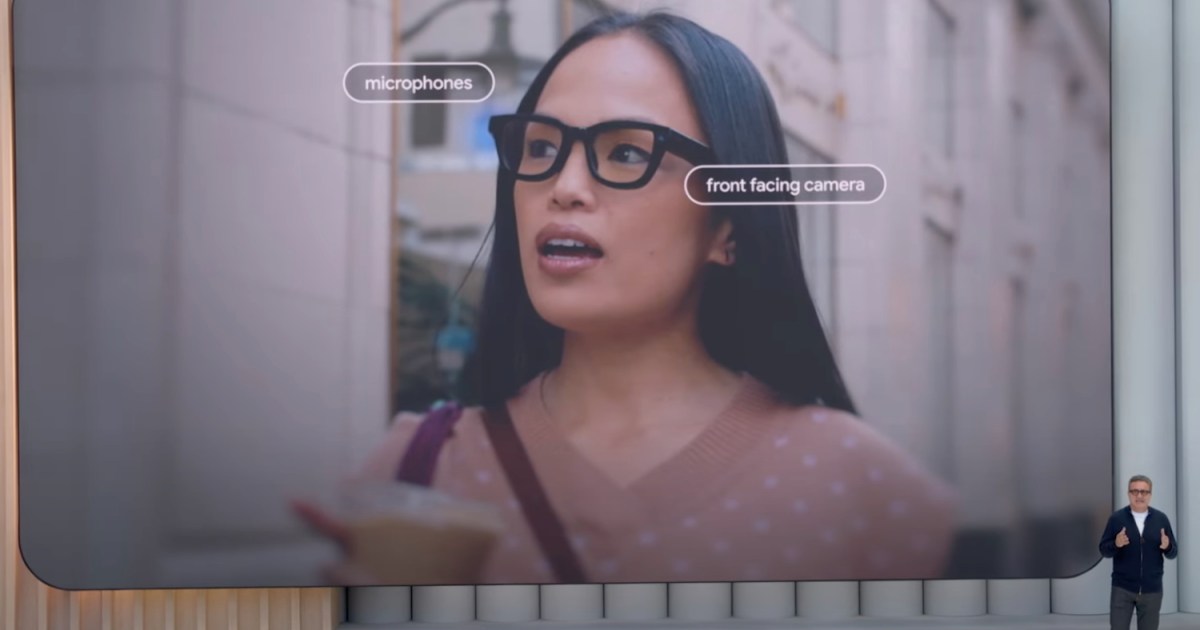Apple’s struggles to upgrade Siri with next-generation AI are well-documented, especially compared to competitors like Google’s Gemini on Android. Delays have been so significant that Apple had to withdraw advertisements showcasing Siri’s advanced, yet-to-be-released features. As a temporary fix, Apple integrated ChatGPT into its Apple Intelligence stack on iPhones, allowing the OpenAI chatbot to handle queries beyond Siri’s capabilities. The company is also reportedly negotiating with other AI chatbot providers for similar integrations.
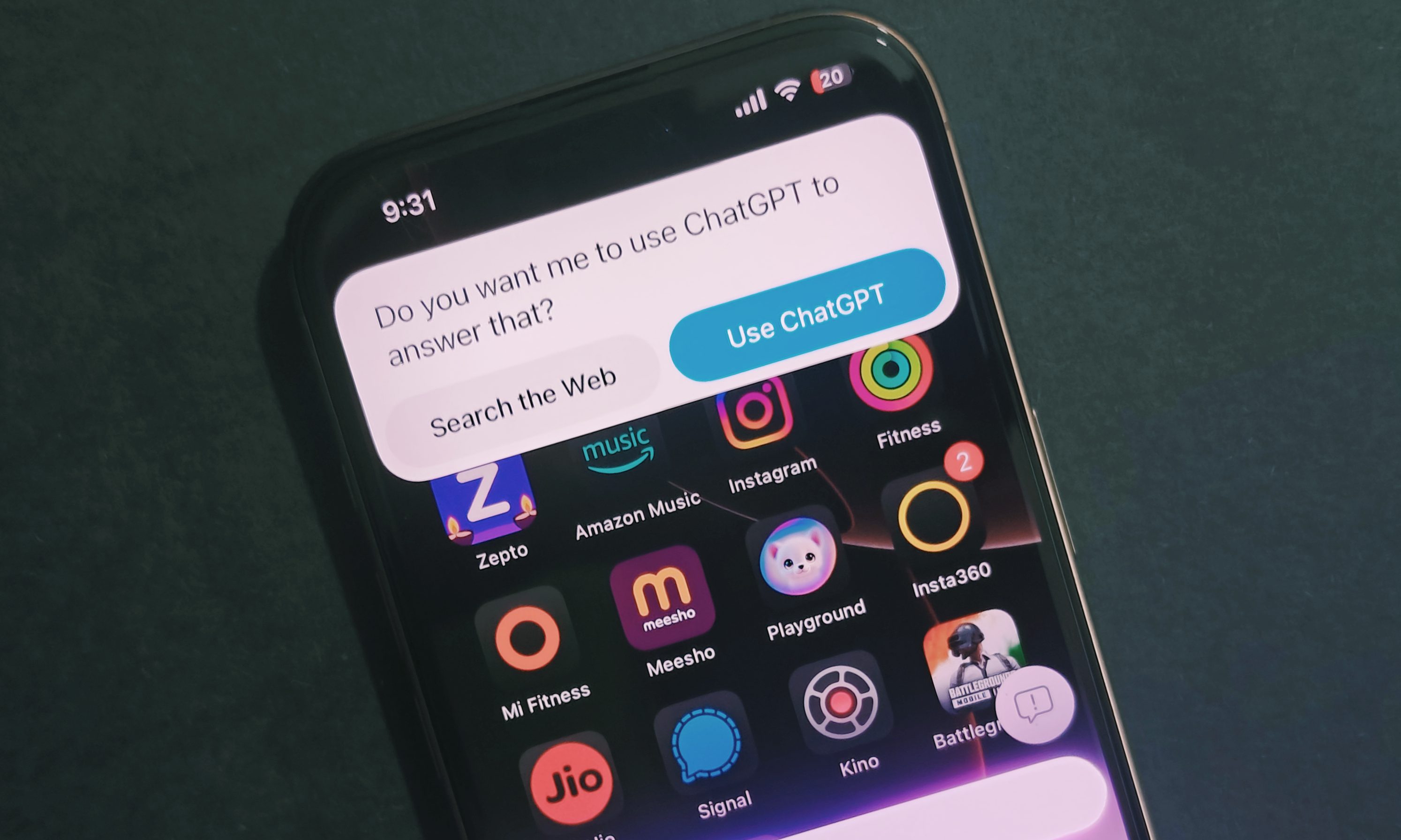 ChatGPT and Siri integration on iPhone.
ChatGPT and Siri integration on iPhone.
The Potential for a Paradigm Shift
A potential future development, as reported by Bloomberg, is the possibility of users replacing Siri entirely with third-party voice assistants. This would be a monumental change, considering Siri’s historical significance as a flagship Apple innovation. However, facing competitive pressure and regulatory scrutiny, Apple might be compelled to allow this. Bloomberg cites interviews with Apple employees, stating, “To meet expected European Union regulations, the company is now working on changing its operating systems so that, for the first time, users can switch from Siri as their default voice assistant to third-party options.”
Why This Matters: Siri’s Limitations and the Rise of Competitors
Currently, Siri falls short on complex queries. Questions like “Who won the Best Director Oscar in 2023?” or “What principle best explains fluid motion in a closed loop?” are beyond its current capabilities. Instead, Siri would defer such questions to ChatGPT, after obtaining user permission.
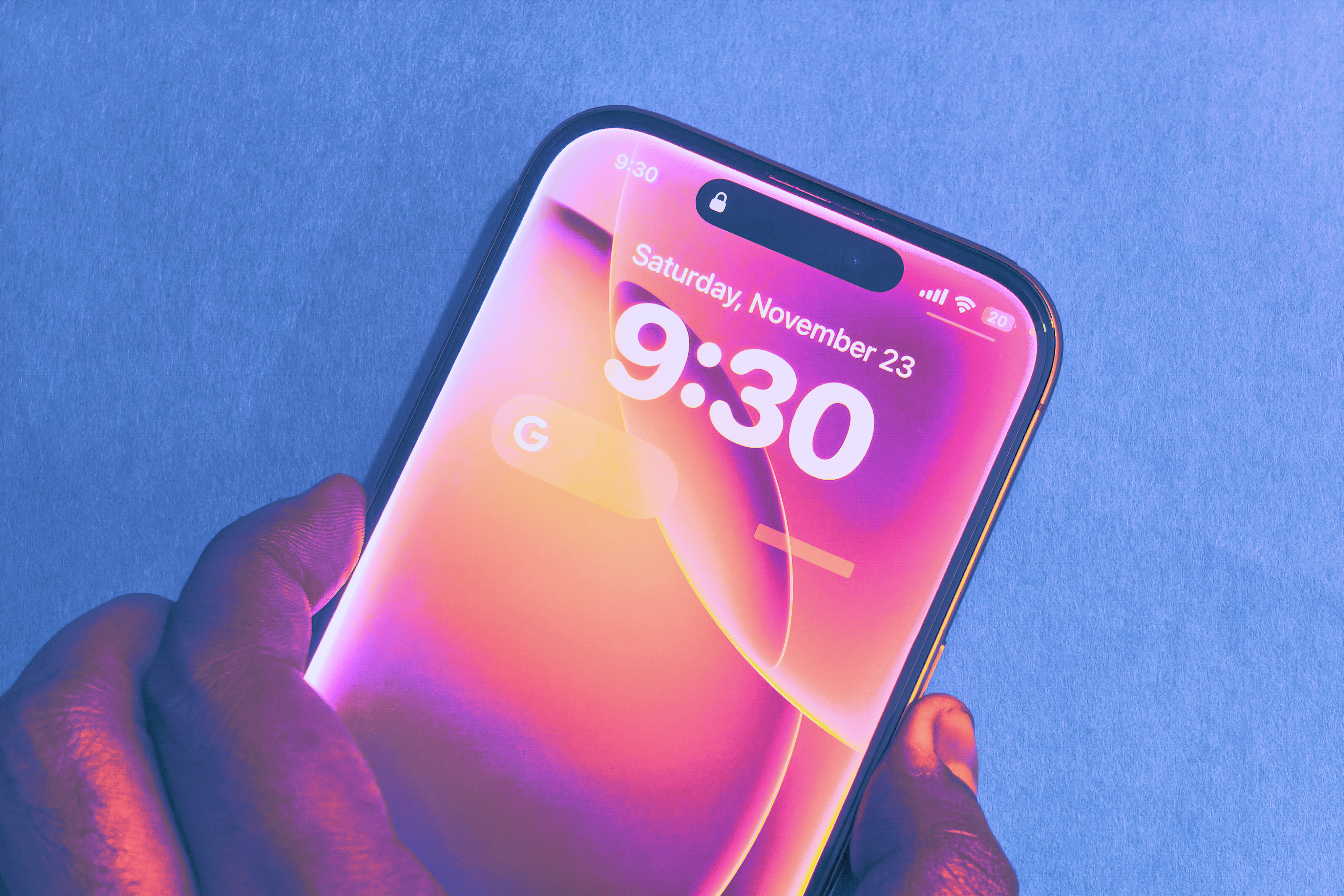 Pulling up Siri on lock screen of iPhone.
Pulling up Siri on lock screen of iPhone.
While Siri’s continued existence is likely, allowing users to replace it with alternatives like Google’s Gemini, Anthropic’s Claude, or OpenAI’s ChatGPT would signal Apple’s struggle to compete in the AI assistant arena. This is a scenario Apple would prefer to avoid. However, many users have already adopted rival chatbots, increasingly integrated with third-party services. Google’s Gemini, for instance, already demonstrates superior functionality in numerous aspects compared to Siri.
Bloomberg’s report suggests users are eager to switch if given the option. “Barring a major leap with Apple’s products, many users may make that switch,” the report adds. This wouldn’t be the first time Apple has made concessions for EU users, having already allowed third-party app stores, external in-app payment options, and the ability to change default messaging and calling apps.
Apple’s Future in AI: LLM Siri and Beyond
Apple is developing the next-generation Siri, internally codenamed “LLM Siri,” designed to match the capabilities of modern AI chatbots. However, reports suggest this upgrade is at least one or two years away. Apple is leveraging user data contributions for training purposes.
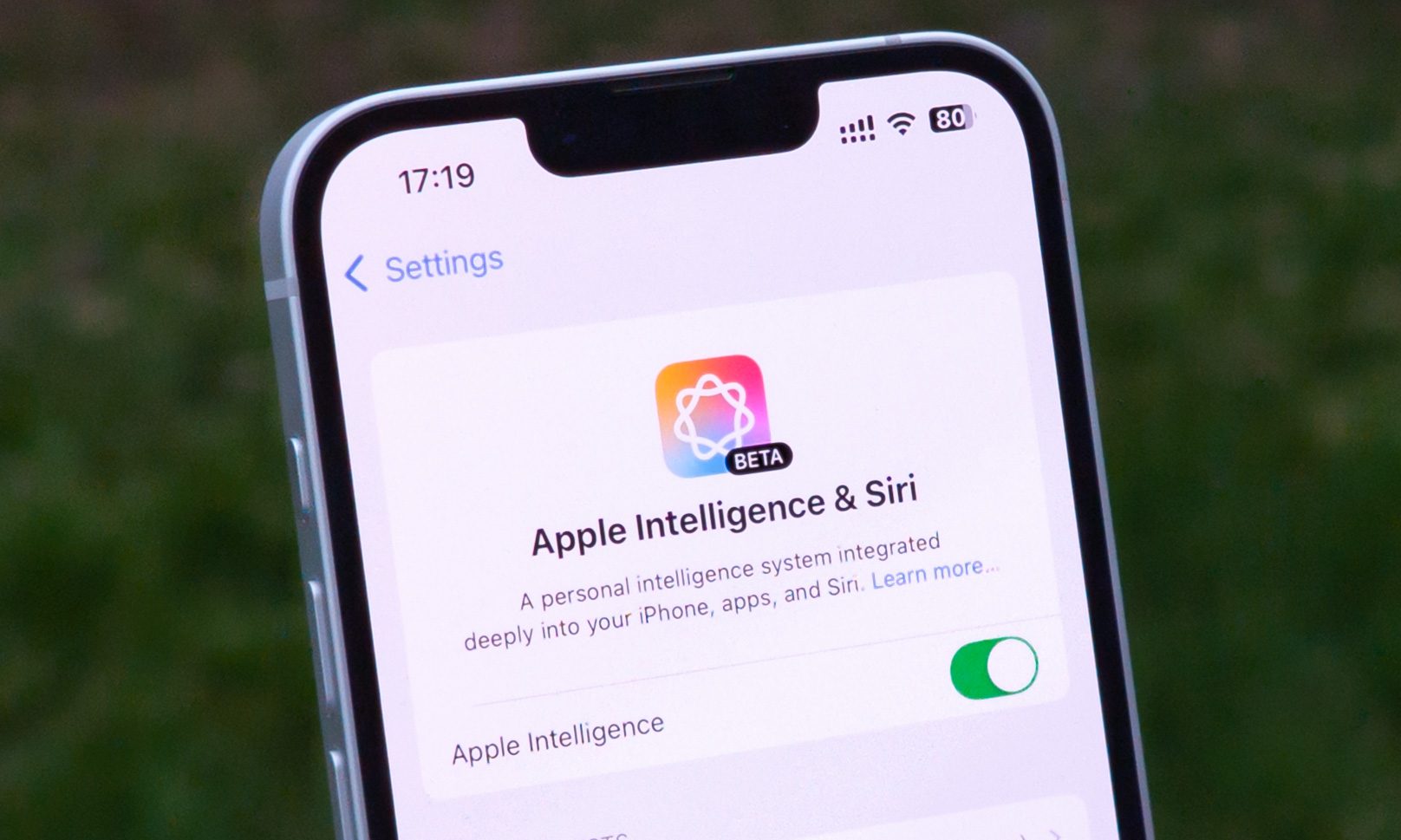 Apple Intelligence on-screen on the iPhone 16e
Apple Intelligence on-screen on the iPhone 16e
The company is reportedly differentiating “Apple Intelligence” branding from Siri, allowing the development of new AI features without being tied to the lagging virtual assistant. Planned features include AI-assisted battery management and a personalized health coach.
Following the Siri setbacks, Apple is reportedly adopting a more cautious approach to feature announcements. Bloomberg reports, “Apple, for the most part, will stop announcing features more than a few months before their official launch.” More details about Apple’s future plans are expected at WWDC 2025.



